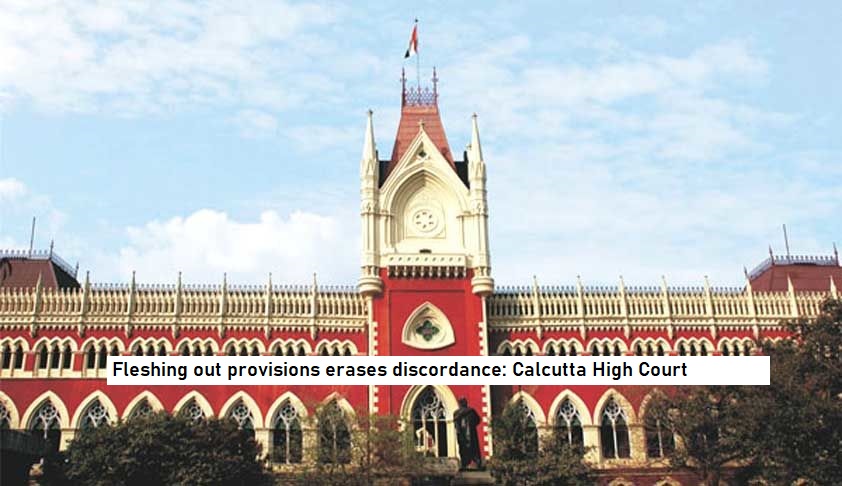


The Calcutta High Court recently rendered a significant decision, deeming clause (d) of Rule 5(1) within the West Bengal Excise Rules, 2009, as unconstitutional. This particular clause had drawn attention due to its provision that exempted public limited companies from the obligation to pay license fees for a "change in management," while concurrently imposing such fees on private limited companies undergoing a similar transformation.
In a ruling delivered by a single bench, Justice Moushumi Bhattacharya delved into the intricacies of the matter. The crux of the judgment revolved around the interpretation of a mere change in the composition of a company's board of directors not constituting a substantial change in the management of the company. Justice Bhattacharya further scrutinized the proviso under consideration, contending that the exemption granted to public companies from paying fees for such changes lacked constitutional validity. The basis for this assertion lay in the absence of an intelligible differentia and a rational nexus with the intended purpose.
In search of an alternative approach to address the issues posed by clause (d), the Court engaged in what it termed as "reading up" the provision. This involved an expansive interpretation to include "change in management in the usual course of business" for private limited companies. The Court drew parallels with the wording in clause (e) of the Proviso to Rule 5(1) of the 2009 Rules, effectively aligning the treatment of private limited companies with that of their public counterparts in this context.
The crux of the petitioners' argument rested on the contention that a routine change in the board of directors, a common occurrence in the usual course of business, should not trigger the necessity for a new excise license under the 2009 rules. The petitioners asserted that the fees, which were levied on private companies while exempting public companies, lacked a justifiable basis. They argued that this differential treatment lacked intelligible differentia and failed to establish a rational nexus with the underlying objectives, thereby rendering it ultra vires the constitution.
In response, the respondents contended that the distinction between private and public companies stemmed from disparities in India's corporate laws. They emphasized that the term "change in management" had been elucidated through government circulars, highlighting a notification from the Finance Department of the State dated 11.2.2020. This notification sought to amend Rule 3 of the 2009 Rules, clarifying the meaning of "change in management" through a substitution of the original rule.
In its declaration of the proviso as unconstitutional due to its discriminatory treatment of public and private companies, thereby violating Article 14 of the Constitution, the Court employed the interpretative principle of 'reading up' the impugned provision. The aim was to interpret the clause in a manner that prevents discordance, absurdity, and repugnancy to the object of the statute. Consequently, the Court ruled that a private limited company should be entitled to the same exemption as a public limited company in scenarios involving the death of a director or a change in management in the usual course of business.
The court's decision was anchored in the intention to level the playing field for private and public companies under the framework of Article 14 of the Constitution. The court determined that the basis for creating a distinction between these entities was absent, and therefore, a uniform approach was warranted. Consequently, the plea was allowed, and the orders issued by the Excise Department seeking license fees from the petitioners were set aside. The court directed the department to return the erroneously imposed fees, thereby rectifying the perceived imbalance and upholding the principles of equality before the law.
TAGS: Calcutta High Court Rule 5(1) West Bengal Excise Rules 2009 Clause (d) Unconstitutional License fees Public limited companies Private limited companies